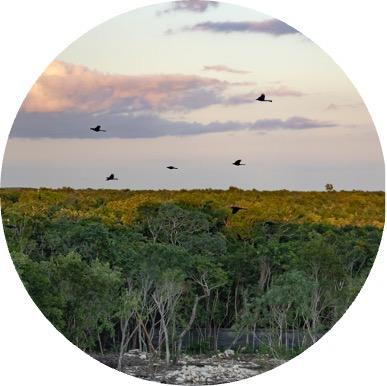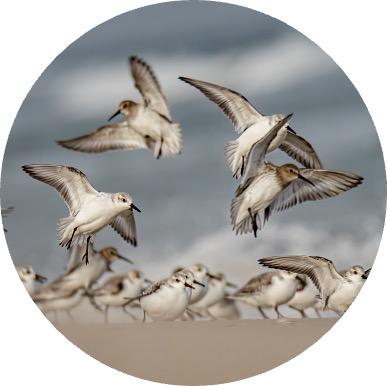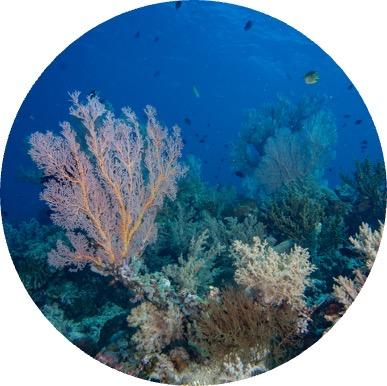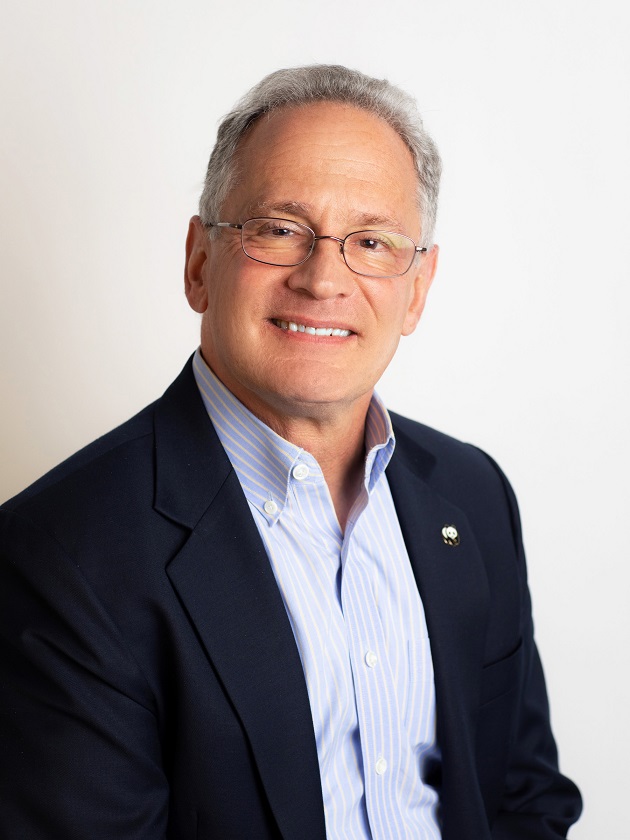About the Lab
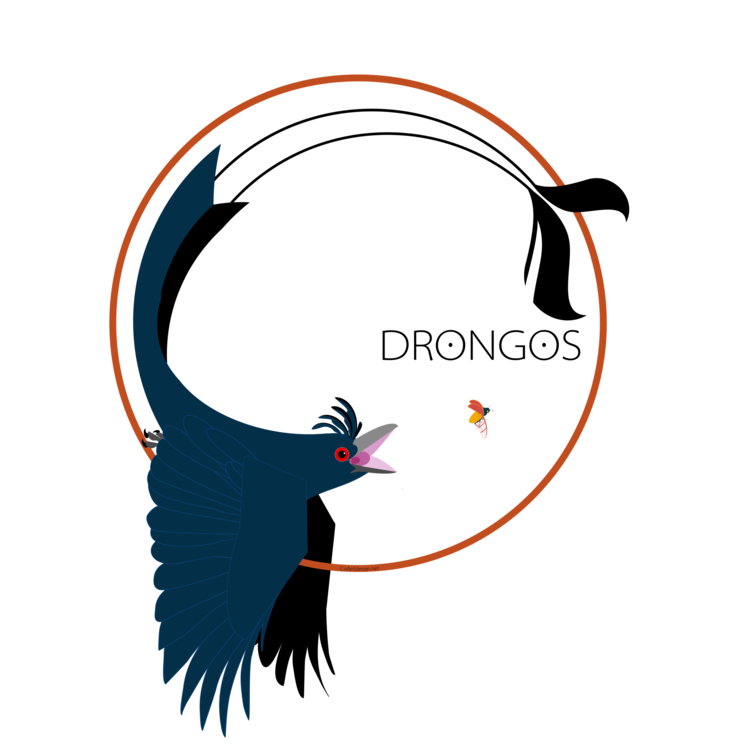
Our research team (a.k.a. The Drongos) focuses on the question of how best to protect biodiversity in an increasingly hot, hungry, and crowded world. In tackling this question, we draw from conservation biology, ecology, and the social sciences. We study a wide range of topics under this broad vision, and our focus is continuously evolving to address the most pressing issues and the most threatened species and ecosystems, as well as to match the interests of the individual graduate students and postdocs.
Over the years, our research has sent lab members to every continent except Antarctica, from mountain tops in the Himalayas to the Brazilian Amazon, and from coral reefs in the Pacific to the scrublands of Florida. Much of our work has focused on birds, but graduate students and postdocs have also studied reptiles, mammals, fish, coral, dung beetles, plants, and more - any organisms or any places where we think we can contribute to better understanding biodiversity and how to conserve it. We increasingly integrate fieldwork with computational approaches to learn how threats emerge across scales and how best to design the appropriate conservation interventions. We also look to the social sciences to ensure that the solutions we propose are not only ecologically sound but also economically feasible and socially acceptable.
We have explored many issues, including the effects of selective logging and oil palm cultivation on biodiversity in Southeast Asia, the impacts of climate change on invasive species and on desert birds, the conservation of migratory animals, the international wildlife trade, illegal hunting of wildlife in China and the Amazon, international strategies to conserve biodiversity, the effects of tourism on coral reefs, the strengths and weaknesses of the U.S. Endangered Species Act, how international markets for food and timber drive species losses around the world, and whether rural land abandonment is likely to benefit biodiversity. The list of topics is constantly changing, but the motivation remains the same: ensuring a positive future for wildlife and wild places.
